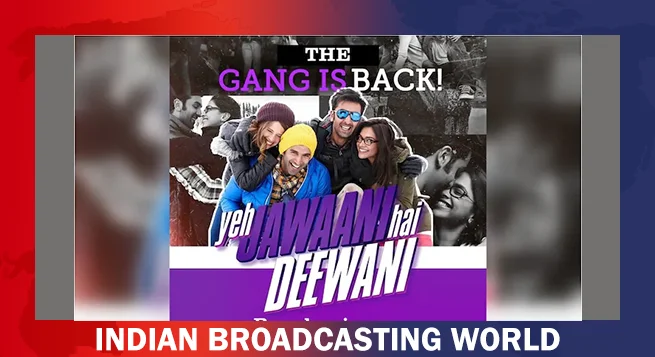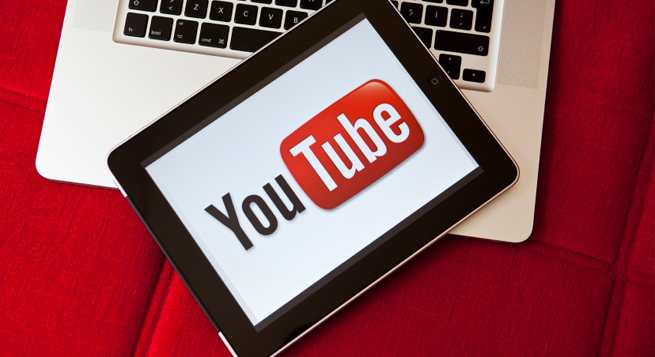YouTube has signed up more than 50 million paid subscribers to its music service, a major milestone for Google’s video site that has long been criticized by record labels and Hollywood studios for giving away their work for free.
The 50 million figure includes people paying for YouTube Music, customers for YouTube Premium, who get music as part of their subscription, as well as customers still on a trial basis, Bloomberg reported Thursday.
The company didn’t disclose how much revenue it was generating from its subscriptions, nor the average price the users paid.
Google has experimented with charging for music for the last decade, cycling through several different products and names without much success. But the performance of the current music service, rolled out in June 2018, suggests YouTube has finally figured out how to persuade many of its customers to pay for music.
YouTube is the fastest-growing paid music service in the world, according to Midia Research, and now accounts for about 8 percent of the world’s subscribers. Spotify is first by a wide margin.
That’s encouraging news for investors in YouTube’s parent company, Alphabet Inc.
YouTube’s free advertising-supported business already makes it one of the largest media businesses in the world. YouTube reported advertising sales of $7 billion in the most recent quarter, up 84 percent from a year ago. Booming subscriptions gives YouTube two sources of growth, the foundation for most of the world’s great media businesses.
“The twin engine growth story is real,” said Lyor Cohen, YouTube’s global head of music, adding, “There are people who are prepared to pay with their eyeballs and those willing to subscribe. They are both super important.”
When YouTube hired Cohen five years ago to run its music business, the hire was met with a heavy dose of skepticism in the industry.
Cohen had come of age in the hip-hop scene of the 1980s, working with acts like Run-DMC, LL Cool J and the Beastie Boys, and climbed the ranks to help run one of the three major record companies, Warner Music Group. Cohen developed a reputation as an effective, if bombastic, executive and his Rolodex includes just about every meaningful manager and recording artist over the past four decades.
But YouTube was the music industry’s bete noire, a technology company owned by an even larger technology company, both founded on the idea that information should be free and easily accessible. The company had been sued for violating copyright and labeled evil by many of its detractors in the entertainment industry.
Earlier this year, Cohen boasted that YouTube had paid out more than $4 billion to the music industry over the previous 12 months. And so, after more than a decade, the music industry has finally run out of negative things to say about the company.
Five different major music companies issued statements praising YouTube for its growth.
 TRAI revamps website to connect with wider audience
TRAI revamps website to connect with wider audience  Prime Video to limit in India number of TV sets having access per subscription
Prime Video to limit in India number of TV sets having access per subscription  Zee Telugu wraps up 2024 with ‘Sa Re Ga Ma Pa Party’
Zee Telugu wraps up 2024 with ‘Sa Re Ga Ma Pa Party’  Disney+ Hotstar unveils ‘Gunaah’ S2 teaser
Disney+ Hotstar unveils ‘Gunaah’ S2 teaser  ‘The Secret of The Shiledars’ to premiere on Disney+ Hotstar Jan 31
‘The Secret of The Shiledars’ to premiere on Disney+ Hotstar Jan 31  ‘All We Imagine As Light’ to stream from Disney+ Hotstar on Jan 3
‘All We Imagine As Light’ to stream from Disney+ Hotstar on Jan 3  ‘Yeh Jawaani Hai Deewani’ returns to theatres Jan 3
‘Yeh Jawaani Hai Deewani’ returns to theatres Jan 3 








